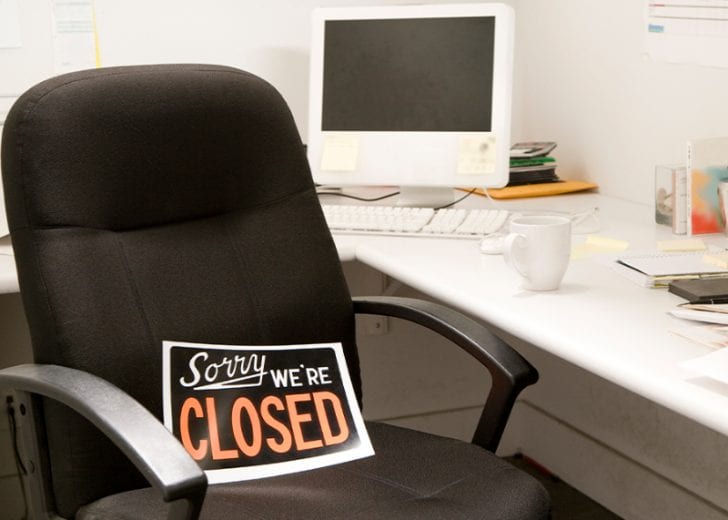Bill McDermott, who once led SAP and now the CEO of the cloud giant ServiceNow, confidently predicts that the coronavirus crisis would encourage a dramatic shift to the digital workplace. There is now a massive realization that work norms will never go back to what it once was and this new reality is slowly sinking in. This is one of those tectonic moments where everything is in a flux and is going to change.

Businesses and governments embracing digital tools to allow their employees more flexibility in the way they work will fare much better than those that have yet to do so. What is absolutely fascinating and rather surprising is that productivity has actually increased by working from home. Technology experts now feel that the coronavirus crisis is the shock event which will encourage the increase of digital workplaces. This is obviously one of those huge moments where everything is going to change.
Pandemic Shifts

The pandemic has forced a dramatic shift in the way people work with the lockdown virtually forcing millions of employees to work remotely and slow the spread of COVID-19, the disease caused by the coronavirus. The situation also underscores the importance of digital systems and tools that provide working people more flexible options in their work-place. Companies and public agencies throughout the world are swiftly turning to different digital platforms, such as Zoom, ServiceNow, and Slack, to connect with employees. If you stop to think about all the internal meetings that take place, people flying to different locations, without ignoring just the health and safety risks associated with that but also the overall costs and risks associated, all those things that will now be viewed under a very different lens.

The shift has rapidly become evident as HR teams and work experts have responded to the crisis, and fielded customer inquiries. Many meetings in the last few weeks have efficiently done with video teleconferencing technologies and at times the customer is enabled for that, but sometimes they aren’t. Businesses and government agencies embracing new technologies are adapting faster and coping with the drastic changes. Businesses remaining stuck to non-digital business models or have yet to digitize their workflows and processes, will face real challenges in this time of crisis.
Embracing Rapid Change
Many corporates today are still non-digital with processes and workflows that are paper-based, such as spread-sheets and paper-based processes which are out-dated and inadequate at a time when the world is overwhelmed with massive shocks like the coronavirus crisis. They must re-orient work systems to deal with different opportunities or dilemmas such as COVID-19. If not COVID-19, there may be something else later. McDermott said that this sudden shift to remote workplaces has produced some surprising results within his organization.

The productivity increase has actually gone up working from home and meetings and coordination activities have been smoother. The urgency actually adds to value in terms of what needs to be done quicker. With customers in crisis, they appreciate this speed and the reverberations will live on in the world of work and in the new workplace. People will now really start thinking about their work-life and their work-processes in a holistic way largely due to this crisis.




